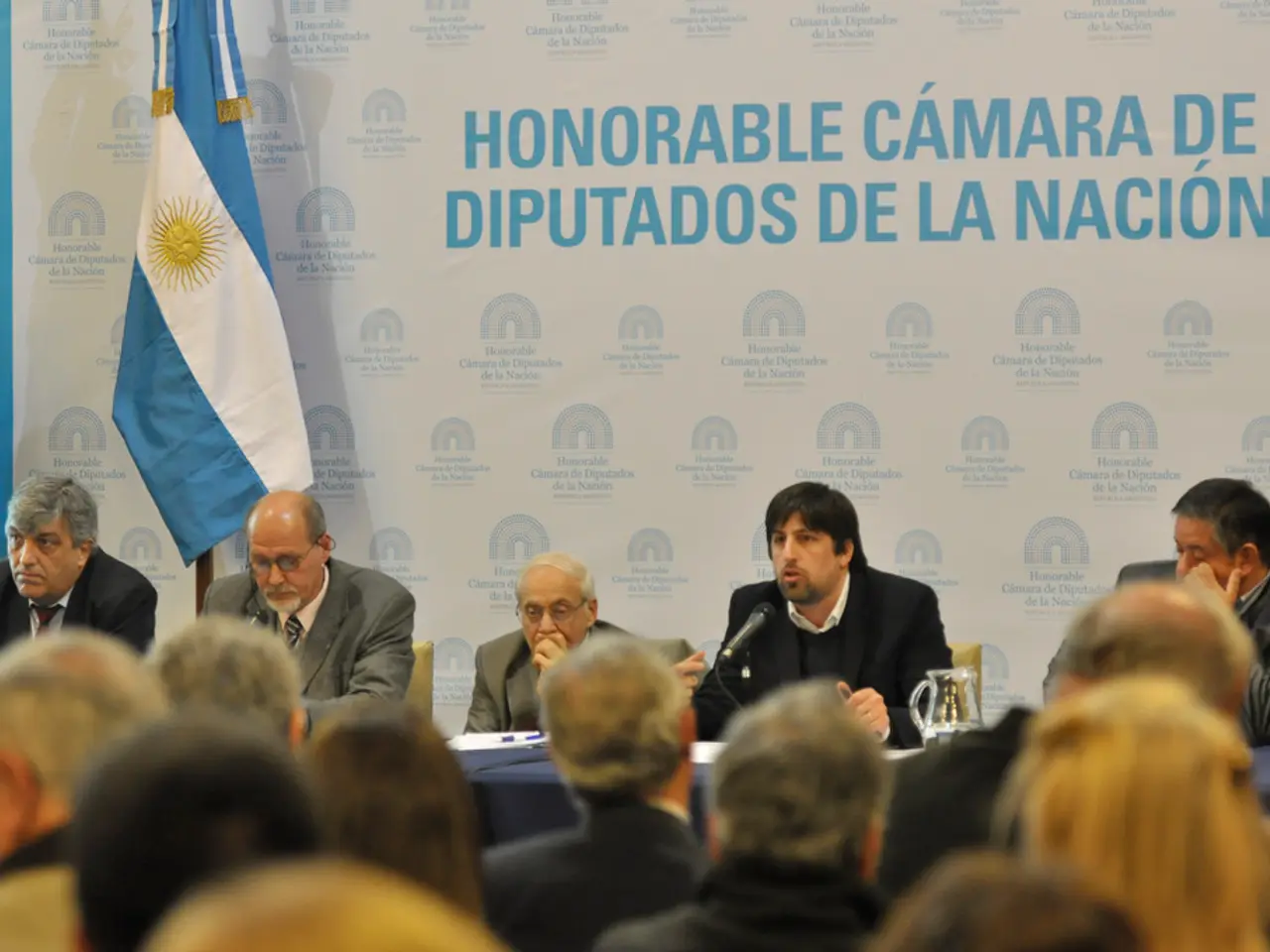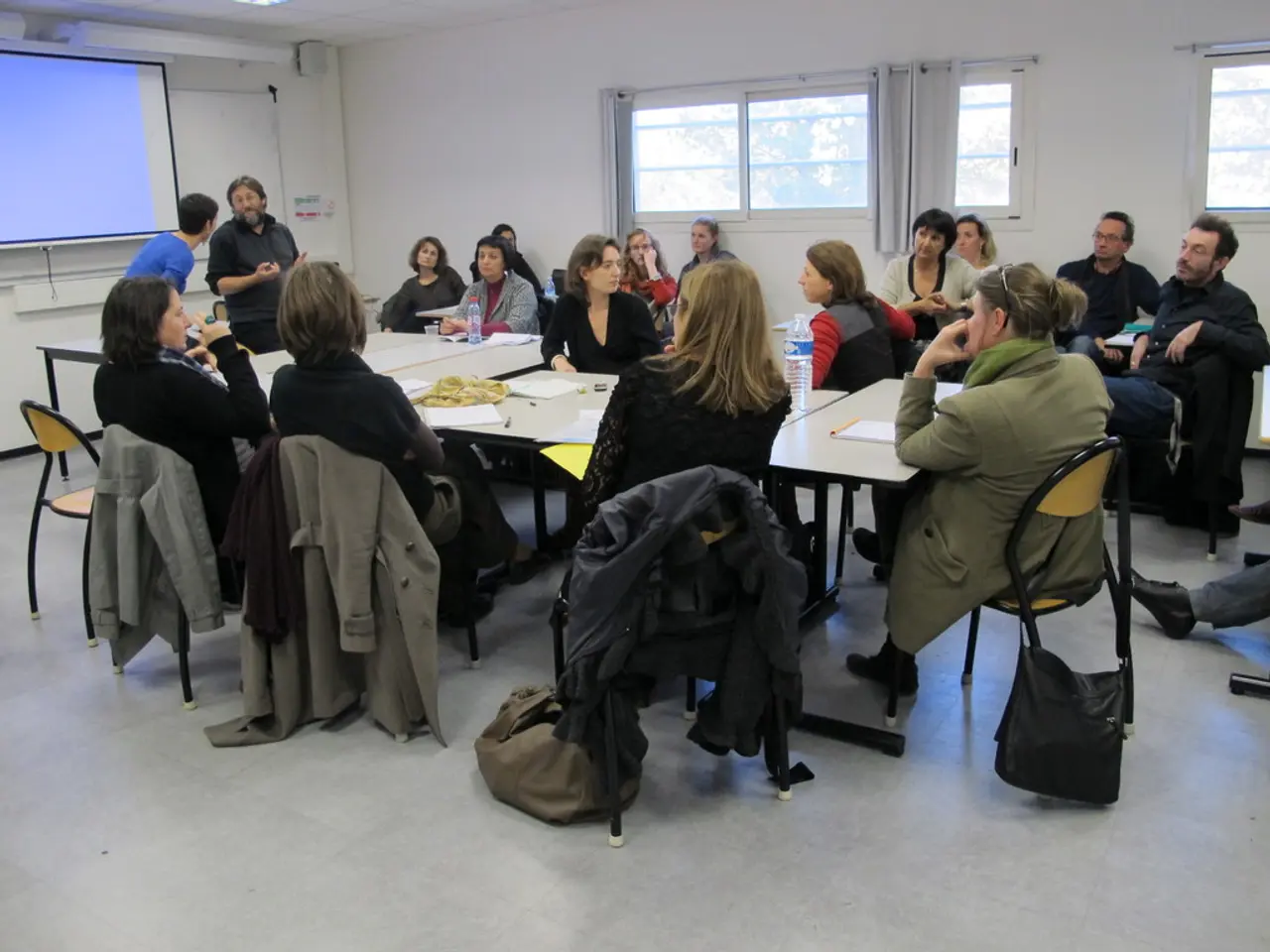The Compatibility of the "Right to be Forgotten" with the Brazilian Constitution - A Debatable Issue?
In a landmark decision that attracted international attention, Brazil's Supreme Federal Court (STF) recently found that the right to be forgotten (RTBF) is incompatible with the Brazilian Constitution. This ruling, which came in February 2021, marks a significant departure from the European Union's approach to the RTBF.
Unlike in the EU, where the right to be forgotten is primarily tied to data protection laws, the Brazilian conception of the RTBF is more judicial and constitutional in nature. It largely revolves around the balance between the right to information and freedom of the press against the individual's right to privacy and honor.
The STF's decision emphasises that the RTBF is not an absolute right in Brazil and must be balanced against other constitutional rights such as freedom of expression and access to information. The Court has rejected broad applications of the RTBF that would impair freedom of expression or erase historical facts from public records.
The Aida Curi case, a high-profile case involving the sexual assault and homicide of Aida Curi in 1958, tested the soundness of the Brazilian definition of the RTBF. In this case, Aida Curi's relatives sued Globo TV for moral damages and demanded the full enjoyment of their RTBF, claiming that broadcasting personal information about the victim and her family was bringing back a traumatic set of events.
The Brazilian Supreme Court of Justice (STJ) had previously considered the RTBF as a right not to be remembered, affirmed by the individual vis-a-vis traditional media outlets. However, in the Aida Curi case, the STJ agreed with the plaintiff, establishing the man's "right not to be remembered against his will, specifically with regard to discrediting facts."
The STF's interpretation of the RTBF is different from the European conception, focusing on the individual's right to limit the publication of certain information, rather than how a data controller processes personal data. The STF identified the Aida Curi case as having general repercussion, meaning that the decision would establish a jurisprudence that must be replicated by all lower-level courts.
It's worth noting that a Data Protection Authority (DPA) has only recently been established in Brazil, in late 2020, and announced its first regulatory agenda only in late January 2021. The upcoming Latin American edition of the Computers, Privacy and Data Protection (CPDP) conference will aim at exploring the most pressing issues for Latin American countries regarding privacy and data protection.
In essence, Brazil’s Supreme Federal Court has ruled that the right to be forgotten must be carefully balanced and is not a sweeping right to erase information but rather a nuanced protection respecting constitutional freedoms on both sides. This makes the Brazilian conception more complex and less absolute compared to the European model.
| Aspect | European Union | Brazil (STF Approach) | |-------------------------------|----------------------------------------------|-------------------------------------------------------| | Basis | GDPR and data protection law | Constitutional rights: privacy, dignity, freedom of expression | | Scope | Personal data erasure requests | Limited, case-by-case balancing of rights | | Emphasis | Individual privacy rights | Balance with freedom of expression and public interest| | STF Rulings | Not applicable (EU courts apply GDPR) | Rejects absolute right; info of public/historical interest maintained; limited removal possible | | Outcome | Broad right to erasure under certain conditions | Right to be forgotten recognized but restricted |
- The distinction between the European Union and Brazil in regards to the right to be forgotten (RTBF) is significant, with the EU approach primarily tied to data protection laws, while Brazil's conception is more judicial and constitutional.
- In Brazil, the balance between the right to information and freedom of the press, against the individual's right to privacy and honor, plays a crucial role in the interpretation of the RTBF.
- The upcoming Latin American edition of the Computers, Privacy and Data Protection (CPDP) conference aims to explore the most pressing issues for Latin American countries regarding privacy and data protection, including the nuances and complexities of the Brazilian approach to the RTBF.
- The Brazilian Supreme Federal Court has ruled that the RTBF must be carefully balanced, emphasizing that it is not a sweeping right to erase information but rather a nuanced protection that respects constitutional freedoms on both sides, focusing on individual's right to limit the publication of certain information.




